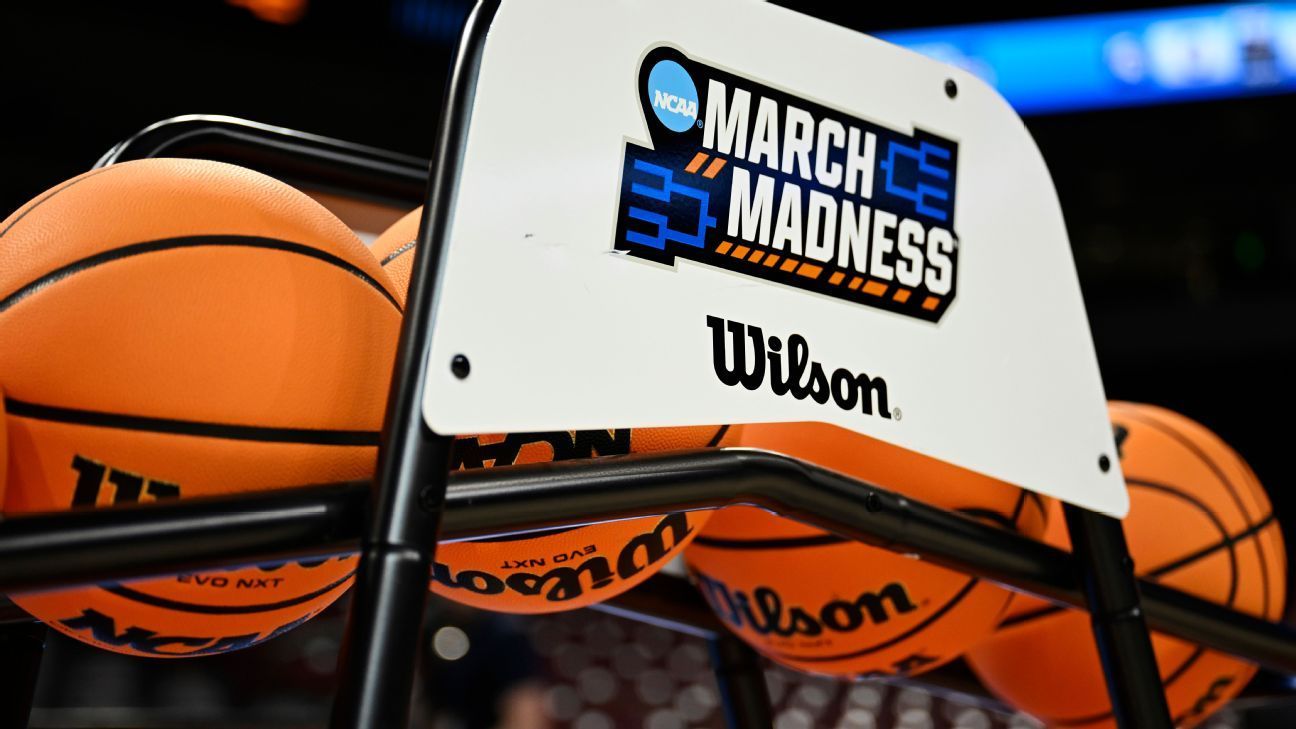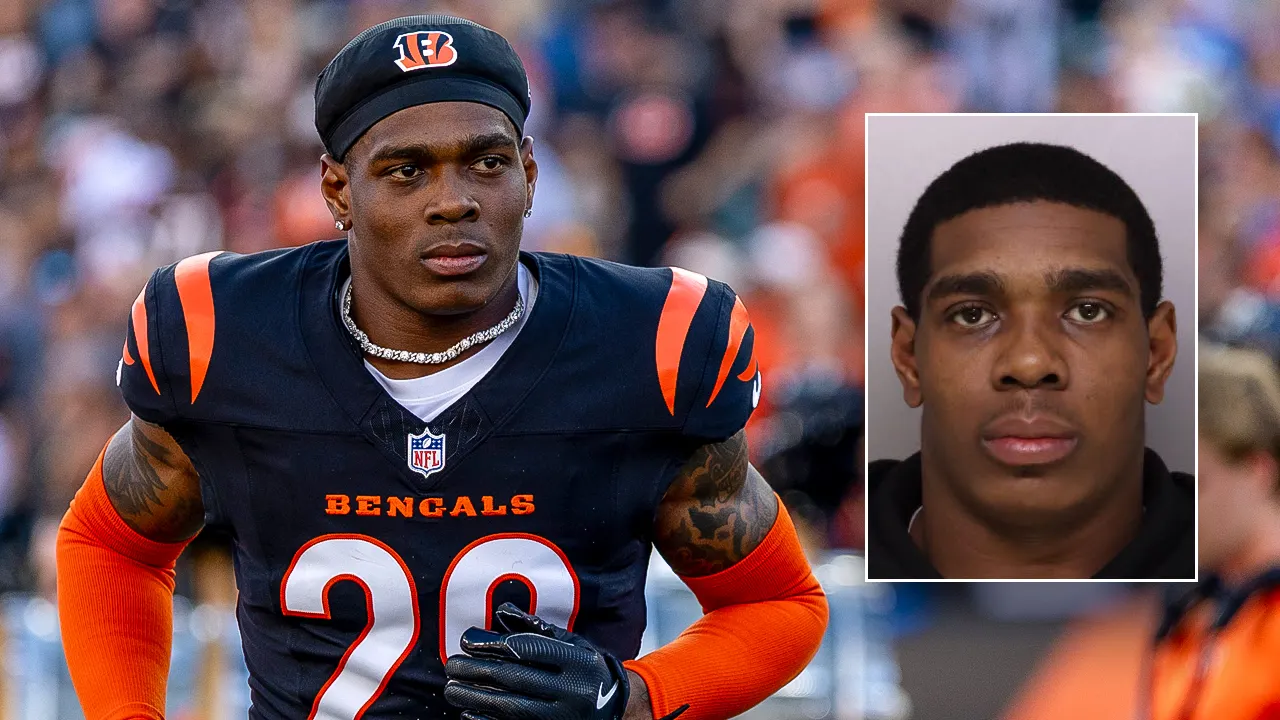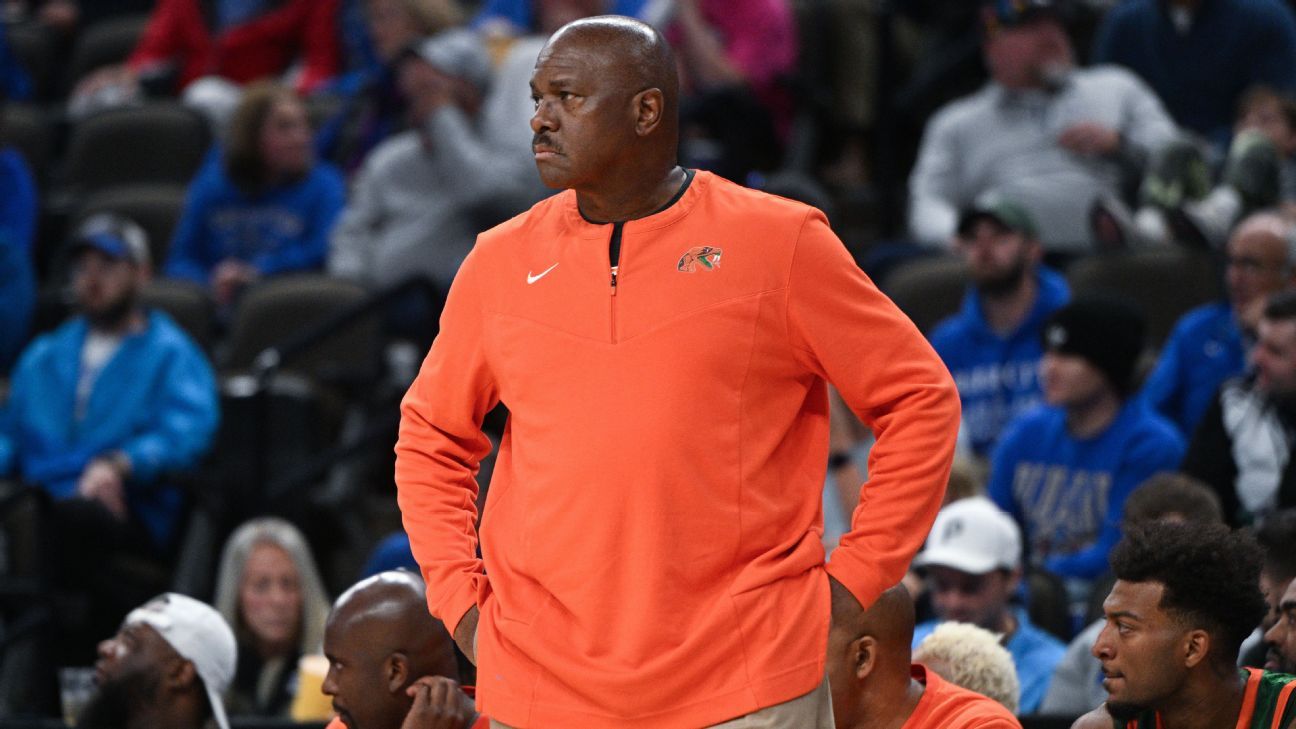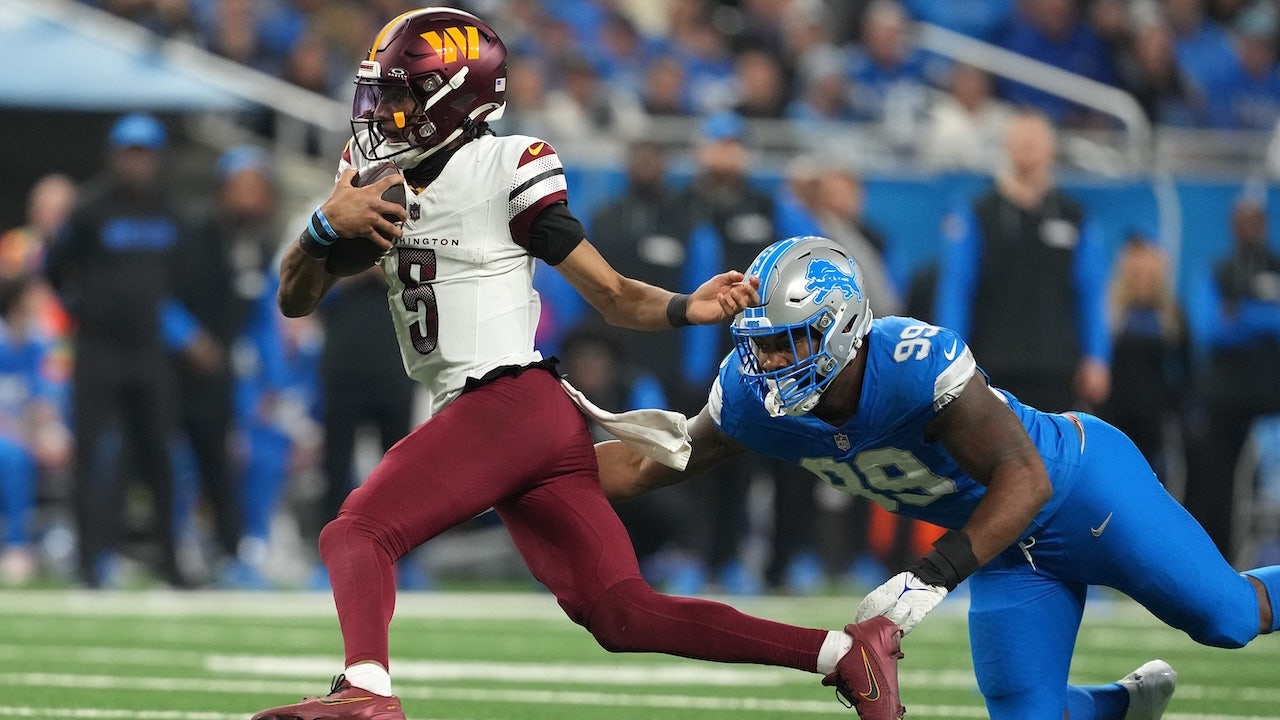The abuse college athletes face on social media, including threats of violence, increased during March Madness, with female basketball players being attacked three times more often than men, according to an NCAA study released Thursday.
Eight out of 10 abusive posts sent to college athletes on social media occurred during the NCAA tournament, the study found. An athlete received more than 1,400 abusive messages over two weeks.
Overall, 6% of abusive posts flagged during the study were violent, and 96 social media accounts were referred to the NCAA and authorities for further investigation. One example the NCAA included said: “I'll wait for you outside the arena so I can hit your knees with a spiked baseball bat.”
“I was surprised by the volume, as well as the profanity that was directed at the kids,” NCAA president Charlie Baker told ESPN.
“It's just vile, disgusting and brutal and, in some cases, seriously threatening. I think it's up to us to raise the concern.”
The NCAA partnered with data science company Signify Group, which analyzed X, Instagram, TikTok and Facebook accounts of more than 3,000 college athletes, approximately 500 coaches, 200 event officials and 165 teams during the College Football Playoffs 2024 and the men's and women's basketball tournaments. , the men's and women's College World Series, and the women's volleyball and gymnastics championships.
The NCAA emphasized that the analysis covered only public threats, not private messages, where Signify executives say the harassment is likely worst.
The analysis identified nearly 4,000 abusive messages during March Madness, which Signify examined starting in the second round. By contrast, a three-week tennis Grand Slam would be expected to generate between 1,000 and 2,000 abusive posts for female and male players combined, according to the study.
“You need to put yourself in the seat of the athlete receiving these messages to really understand what they mean,” Signify co-founder and CEO Jonathan Hirshler told ESPN. “Receiving death threats and accusations against you is unpleasant and… quite terrifying.”
Of the 16 types of abuse the study identified, sexual abuse directed at male and female athletes was the most common, at 18%. In women's gymnastics, 92% of sexual messages came from bot accounts that encouraged users to access sexual content, according to the report. Once Signify reported the activity, the platform suspended the bots. Other common forms of harassment listed included sexist abuse, racism, and homophobia and transphobia.
ESPN reported Tuesday that abuse by “angry sports bettors” is a growing type of harassment. According to Hirshler, the prevalence of sports betting messages marks a change from previous Signify studies.
“When we started doing this work about four or five years ago, we were predominantly dealing with a lot of racist issues,” Hirshler told ESPN. “This simply shows that [betting] “It has moved into a very important area of the work we do, in terms of the volume of abuse that is unleashed by angry players, sports betting and match-fixing.”
Eighteen of the 38 states that offer legal sports betting, as well as the District of Columbia, prohibit licensed sportsbooks from offering college sports betting, a ban the NCAA supports. Bookmakers and industry advocates have argued that legalization allows for better regulation, but Baker believes legalization has encouraged more people to participate.
“The number of people involved in this has skyrocketed once it was legalized,” he said.
Baker is especially concerned about the impact of prop betting on individual player statistics.
“I despise the idea that we put these kids in a position where people would expect their individual performance to be more important than their team's performance,” he said.
Patrick Chester, who advises NCAA schools on gambling issues, said athletes are increasingly asking how to deal with bettors who solicit money. Chester said athletes told him they had received requests for money from fellow students and even family members who had bet on their games.
“It started primarily with online abuse and general threats,” Chester, senior director at international advocacy group EPIC Risk, told ESPN. “But something has happened in the last two years where asking for a refund has become more frequent. In their opinion, they are owed something.”
Denver Broncos rookie quarterback Bo Nix, PGA golfers Max Homa and Joel Dahmen, Auburn quarterback Payton Thorne and Chicago Bulls player Nikola Vucevic are among the athletes who have publicly said who received requests for money from gamblers on the payment app Venmo. A Venmo spokesperson acknowledged that the company is aware of such requests and said in a statement to ESPN that users are “prohibited from acting in a way that could be considered harassment as described in our user agreement.”
Connor McCaffery, an assistant men's basketball coach at Butler who played at Iowa and is dating Indiana Fever superstar Caitlin Clark, said in a news release that he has experienced this type of abuse himself and has seen its impact on his loved ones. “More must be done to address this toxic behavior that affects sports at all levels,” he said.
The 20-page analysis lists examples of abusive messages but redacts senders' identifiers. When asked why Signify decided not to reveal their identities, Hirshler told ESPN that data privacy was one of several reasons.
“Unfortunately, some of the people who do this see it as a badge of honor,” he said. “And so they want the reaction of their account being highlighted. So part of that also takes away that agency in terms of giving them the satisfaction of knowing that they've had an impact on the person.”
Baker said the NCAA is talking to sportsbooks about limiting individual bets on college athletes and is working to find other solutions.
“I think it's important that we all work together to try to find ways to mitigate this,” he said. “I'm not naïve enough to think we're going to make this all go away, but I think we should be willing to work together to find ways to help.”












